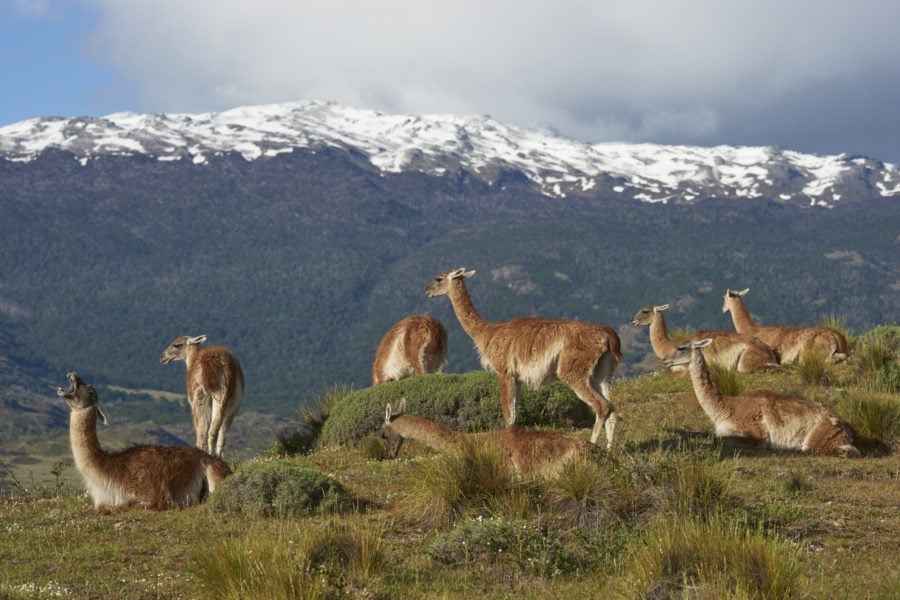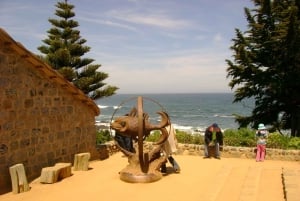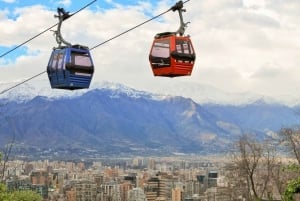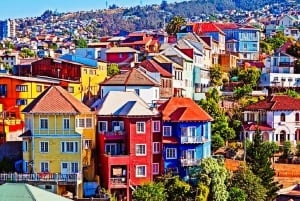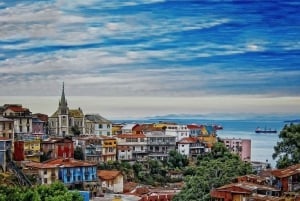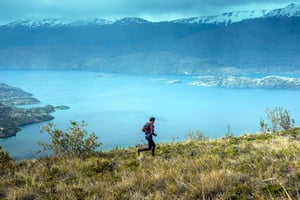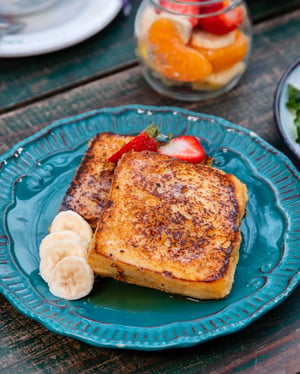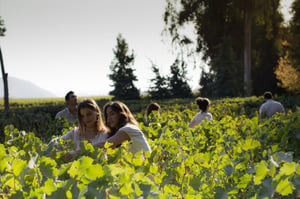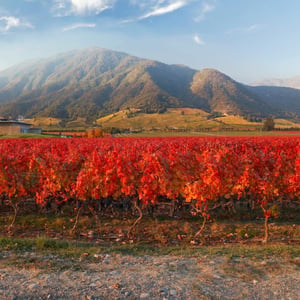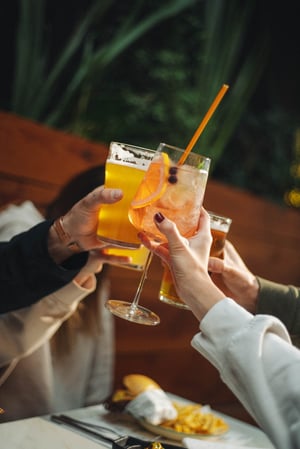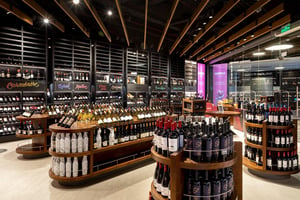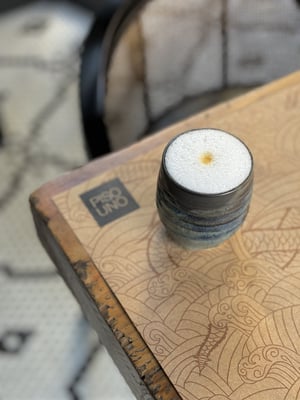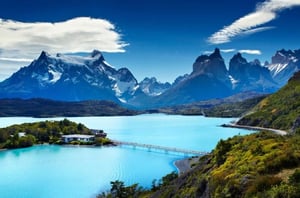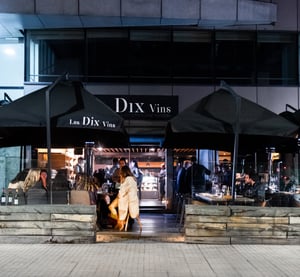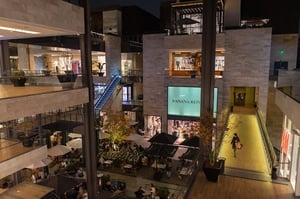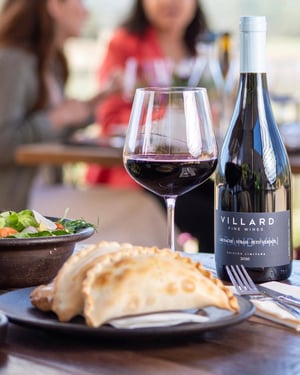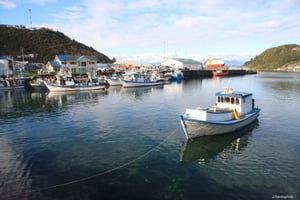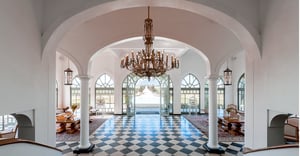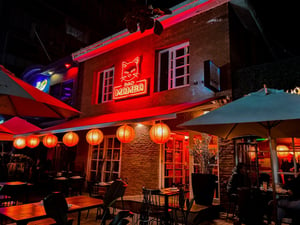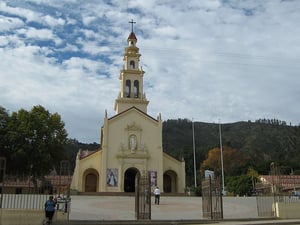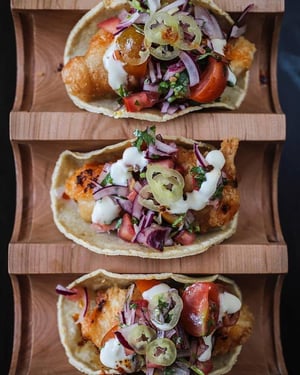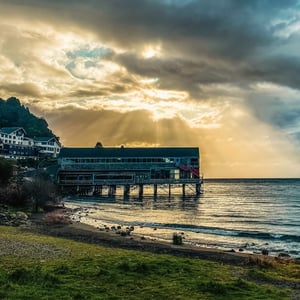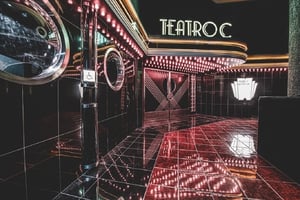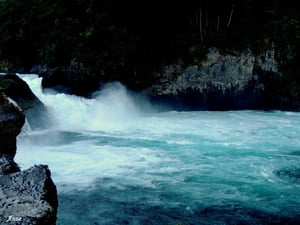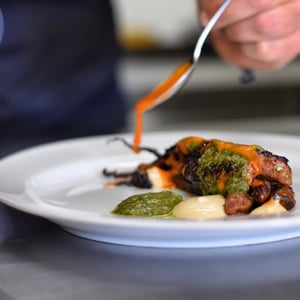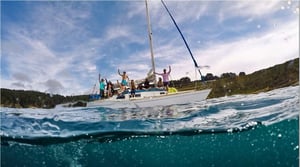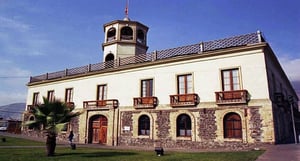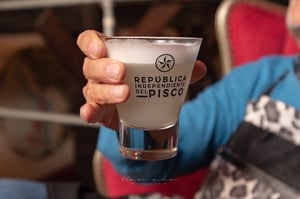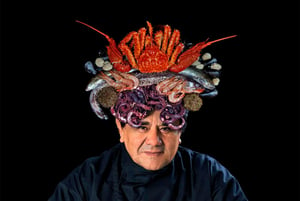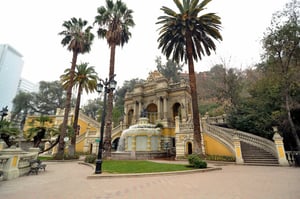FAQs Chile
Chileans are well used to preparing meat thanks to their flesh-filled cuisine so, generally speaking, meat will be safe to eat and cooked properly. Salads and fruit are fine to eat, even if they have been washed, but only in big cities. In more remote places, avoid anything that could have been washed as the water here isn’t drinkable. As always, if food doesn’t look or smell right, or might have been left out in the sun for too long then stay away from it.
Is it safe to drink tap water in Chile?
Although the tap water in Chile's larger cities is generally considered safe to drink it has a high mineral content that can cause stomach upsets so it's safer to drink bottled water. If you're travelling outside of the major cities you definitely should not drink the tap water.
Is bargaining acceptable in Chile?
There is not much of a haggling culture in Chile and in some places, attempting to bargain can come across as impolite. If you're shopping in Chile, most large stores have fixed prices but you can barter in smaller shops and markets, particularly in smaller towns and villages, if you feel like you are not being offered a fair price.
Is it safe for a single woman to travel in Chile?
Santiago is generally considered to be one of the better places in South America for women travelling alone. The most that women are likely to encounter here are a few glances and possibly a catcall but rarely will the attention escalate beyond that. It is important to note that women in Chile dress conservatively, despite the heat, therefore if you don’t want to attract unnecessary attention consider wearing long trousers and long sleeves when you are wandering around the city. Take care in rural areas where locals are less accustomed to seeing foreign women and when out alone at night. Choose taxis over walking after the sun goes down.
Is it standard to tip in Chile?
Due to the low wages in Chile, many workers depend on gratuities to make a living. Most restaurants will automatically add on a 10% service charge to your bill but, if the service has been particularly outstanding, there is no harm in leaving a little extra. Hotel staff will always appreciate a tip so be generous with guy who carries your bags around and the concierge staff who arrange your tours and give you recommendations. When it comes to taxis, it is generally good practice to round up the fare and for private drivers, USD $10 a day is a reasonable amount, same for tour guides.
What is good to shop for in Chile?
Popular items to purchase are blankets, wool rugs (choapinos), cashmere jumpers and earthenware pottery, all of which can be found in the country’s numerous markets as well as in special boutiques. Known for its colourful crafts, those with a taste for the flamboyant should pick up a traditional huaso (male) or huasa (female) outfit, as worn by Chilean cowboys and cowgirls.
With over 80 wineries in Chile, another excellent souvenir is a bottle of this magical liquid. Fine Chilean wine can be found all over the country, as can Pisco for those seeking something a bit stronger. Lapiz lazuli, a rich blue precious stone, adorning jewellery of all shapes and sizes, us also a popular choice and makes for a wonderful gift for someone you love (or just to keep for yourself).
What is the duty free allowance for Chile?
The following goods may be brought into Chile without incurring customs duty:
- 400 cigarettes, 500g of tobacco and 50 cigars
- 2.5 litres of alcoholic drinks
- Gifts to the value of USD $300
Alcohol and tobacco allowances apply to travellers aged 18 and over only.
The following are banned from being imported in to Chile: Used cars and motorbikes, asbestos and pornography. Restricted imports requiring authorisation include firearms and ammunition, food, plants, animals (and their products), drugs and pharmaceutical products.
Is WiFi widely available in Chile?
As usual, you can expect to find a WiFi connection in almost all cafes, restaurants and bars as well as the vast majority of hotels and hostels. The Santiago Metro has a free WiFi connection but in order to access it you will need to log in with your national ID number, which, obviously, foreigners don’t have. However, if you have a Chilean friend, they might not mind lending you theirs. Many public parks and plazas in Chile also have a free WiFi connection.


